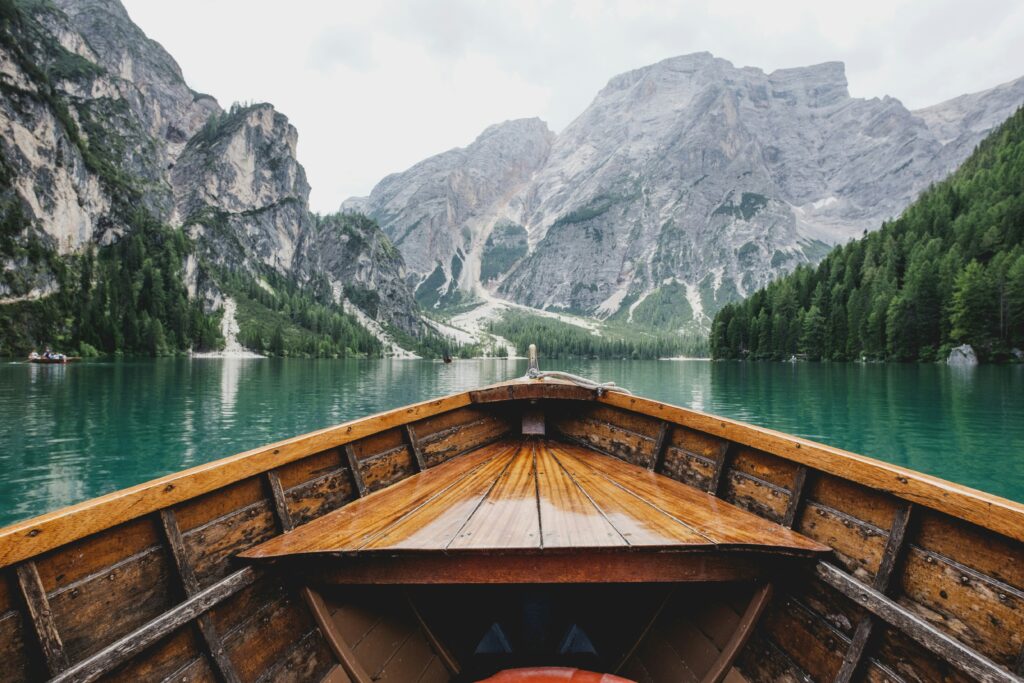The Essence of Travel: A Journey Through Cultures, Experiences, and Self-Discovery
Introduction
Traveling is one of the most enriching experiences one can have in life. It allows individuals to break away from their daily routines, explore new places, immerse themselves in diverse cultures, and gain a broader perspective of the world. Travel has been a fundamental aspect of human civilization, from the nomadic lifestyles of our ancestors to modern-day tourism. Whether for leisure, adventure, education, or personal growth, travel offers countless benefits that contribute to human well-being and development.

The Evolution of Travel
Historically, travel has played a crucial role in shaping societies. Ancient civilizations, such as the Egyptians, Greeks, and Romans, were known for their extensive trade routes and explorations. The Silk Road, for example, connected the East and West, facilitating the exchange of goods, ideas, and cultures. The Age of Exploration, spearheaded by explorers like Christopher Columbus and Marco Polo, expanded the world’s geographical knowledge and led to cultural integration.
In the modern era, travel has become more accessible due to advancements in transportation and technology. The development of airplanes, trains, and automobiles has made it easier for people to traverse vast distances in a short time. The rise of the internet and digital platforms has also revolutionized travel, allowing individuals to book flights, accommodations, and experiences with just a few clicks.

Types of Travel
1. Leisure Travel
Leisure travel is one of the most common types of travel, where individuals or families take trips to relax and unwind. Popular destinations include beaches, resorts, and amusement parks. Leisure travel often includes activities such as sightseeing, shopping, and dining, providing an escape from daily responsibilities.
2. Adventure Travel
Adventure travel is for thrill-seekers who enjoy exploring nature and engaging in adrenaline-pumping activities. Hiking, trekking, scuba diving, bungee jumping, and safaris fall under this category. Destinations such as the Himalayas, the Amazon Rainforest, and African savannahs attract adventurers looking for unique and exhilarating experiences.
3. Cultural Travel
Cultural travel allows individuals to immerse themselves in the traditions, art, and history of different societies. Museums, historical sites, festivals, and local markets are common attractions for cultural travelers. Countries with rich cultural heritage, such as Italy, India, Japan, and Egypt, offer profound experiences in history, architecture, and customs.
4. Business Travel
Business travel involves individuals traveling for work-related purposes, such as attending conferences, meetings, and trade shows. Business travelers often visit metropolitan cities and corporate hubs like New York, London, and Tokyo. With globalization, business travel has become an integral part of economic growth and networking.
5. Educational Travel
Educational travel includes study abroad programs, field trips, and research expeditions. Students and scholars travel to gain knowledge, conduct research, and experience different educational environments. Universities and institutions worldwide offer exchange programs that allow students to explore new cultures while continuing their studies.
6. Ecotourism
Ecotourism focuses on sustainable travel that promotes environmental conservation and local community involvement. Tourists visit national parks, wildlife sanctuaries, and eco-friendly resorts to appreciate nature while minimizing their ecological footprint. Destinations like Costa Rica, the Galápagos Islands, and the Great Barrier Reef are famous for ecotourism.
7. Solo Travel
Solo travel has gained popularity in recent years, with individuals seeking personal growth, independence, and self-discovery. Traveling alone allows for flexible itineraries, deeper cultural immersion, and self-reflection. Many solo travelers document their experiences through blogs and social media, inspiring others to embark on similar journeys.
8. Group Travel
Group travel includes guided tours, family vacations, and trips with friends. It fosters shared experiences and strengthens relationships. Group tours are often organized for pilgrimage sites, educational trips, and adventure excursions, ensuring convenience and security.
Benefits of Travel
1. Personal Growth and Self-Discovery
Travel challenges individuals to step out of their comfort zones, adapt to new environments, and embrace unfamiliar situations. It fosters resilience, self-confidence, and problem-solving skills. Many travelers return home with a renewed sense of self and a broader understanding of the world.
2. Cultural Awareness and Appreciation
Interacting with people from different backgrounds enhances cultural sensitivity and appreciation. Travelers gain firsthand knowledge of traditions, languages, and customs, breaking stereotypes and fostering mutual respect. Cultural exchange promotes global harmony and understanding.
3. Health and Wellness
Travel has numerous physical and mental health benefits. Exploring new places, engaging in outdoor activities, and disconnecting from daily stressors contribute to improved well-being. Beach vacations, mountain retreats, and spa resorts offer relaxation and rejuvenation.
4. Broadening Knowledge and Education
Visiting historical sites, museums, and cultural landmarks enhances knowledge about world history, art, and architecture. Travel provides experiential learning opportunities that go beyond textbooks, making education more engaging and memorable.
5. Strengthening Relationships
Travel strengthens relationships by creating shared memories and bonding experiences. Whether traveling with family, friends, or colleagues, shared adventures foster deeper connections and understanding. Romantic getaways also enhance relationships by providing quality time away from daily distractions.
6. Economic Growth and Employment
Tourism is a major contributor to the global economy, generating employment and revenue for local communities. The hospitality, transportation, and entertainment industries thrive due to travel, supporting millions of jobs worldwide. Countries with vibrant tourism industries, such as France, Thailand, and the United States, benefit significantly from visitors.
7. Adventure and Fun
Travel offers countless opportunities for adventure and excitement. Whether exploring ancient ruins, trying exotic cuisines, or engaging in water sports, every trip brings new experiences. The thrill of discovering new places keeps life exciting and fulfilling.
Challenges of Travel
While travel offers numerous benefits, it also comes with challenges that travelers should be aware of:
1. Cost and Budgeting
Travel can be expensive, especially for international trips. Flights, accommodations, meals, and activities add up, making budgeting essential. Many travelers opt for budget-friendly options such as hostels, low-cost airlines, and travel deals to manage expenses.
2. Language Barriers
Communication can be a challenge in foreign countries where different languages are spoken. Learning basic phrases, using translation apps, and seeking assistance from locals can help bridge language gaps.
3. Health and Safety Concerns
Travelers must be aware of health risks, such as diseases, food allergies, and sanitation issues. Carrying essential medications, getting vaccinations, and practicing hygiene can prevent health-related problems. Additionally, staying informed about local safety measures and avoiding high-risk areas ensures a secure trip.
4. Cultural Differences and Etiquette
Respecting local customs and traditions is crucial when traveling. Gestures, dress codes, and social behaviors vary across cultures. Researching cultural norms and observing local etiquette help travelers avoid misunderstandings and show respect for host communities.
5. Environmental Impact
Mass tourism can have negative effects on the environment, including pollution, deforestation, and overcrowding. Practicing responsible tourism, such as reducing plastic use, supporting eco-friendly businesses, and respecting wildlife, helps preserve natural and cultural heritage for future generations.
Conclusion
Travel is a transformative experience that enriches lives in countless ways. It broadens horizons, fosters cultural appreciation, and promotes personal growth. While challenges exist, responsible and mindful travel ensures meaningful and sustainable experiences. Whether exploring distant lands or discovering hidden gems closer to home, every journey adds to the tapestry of life, making travel an essential and invaluable part of human existence.
